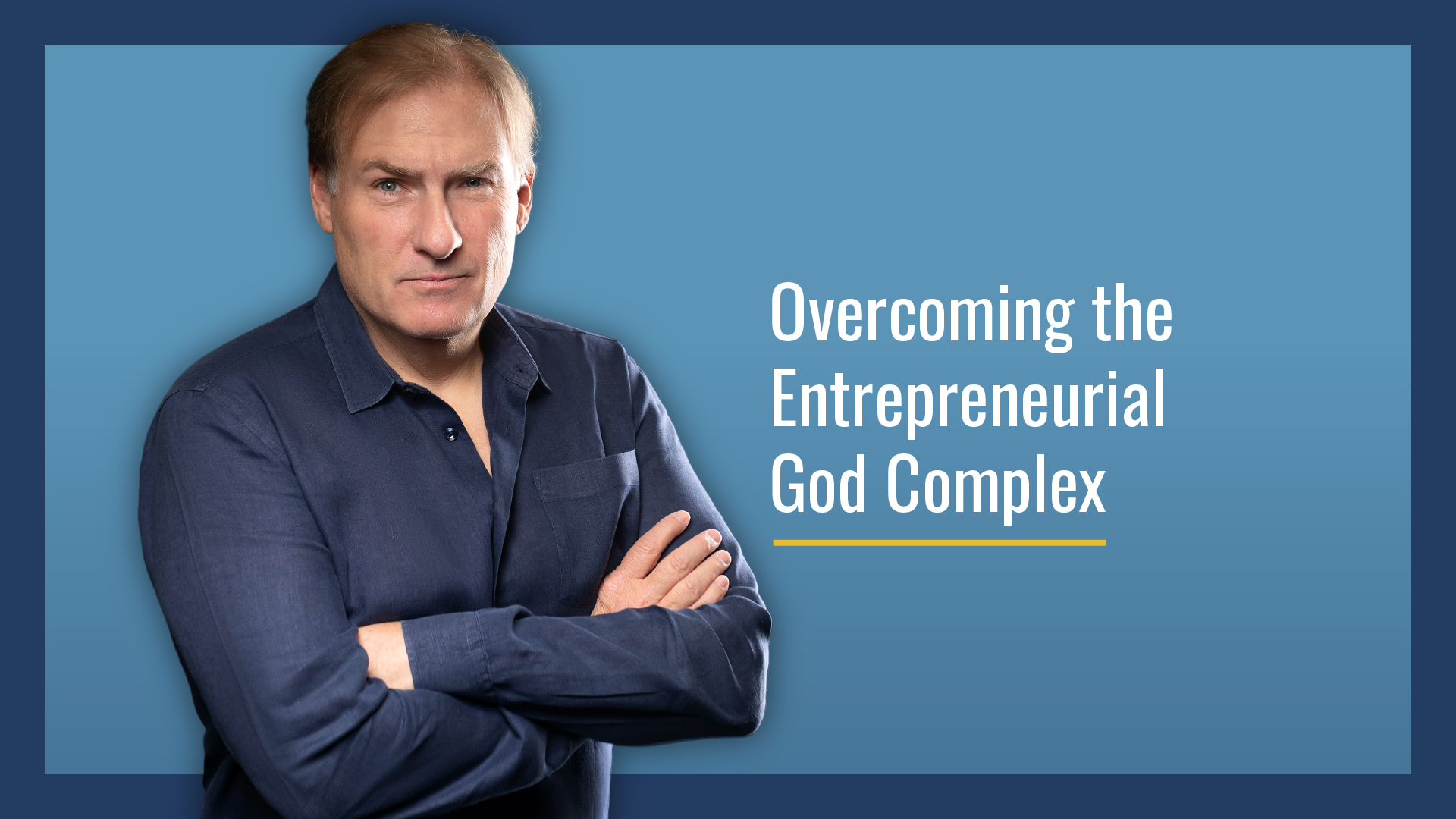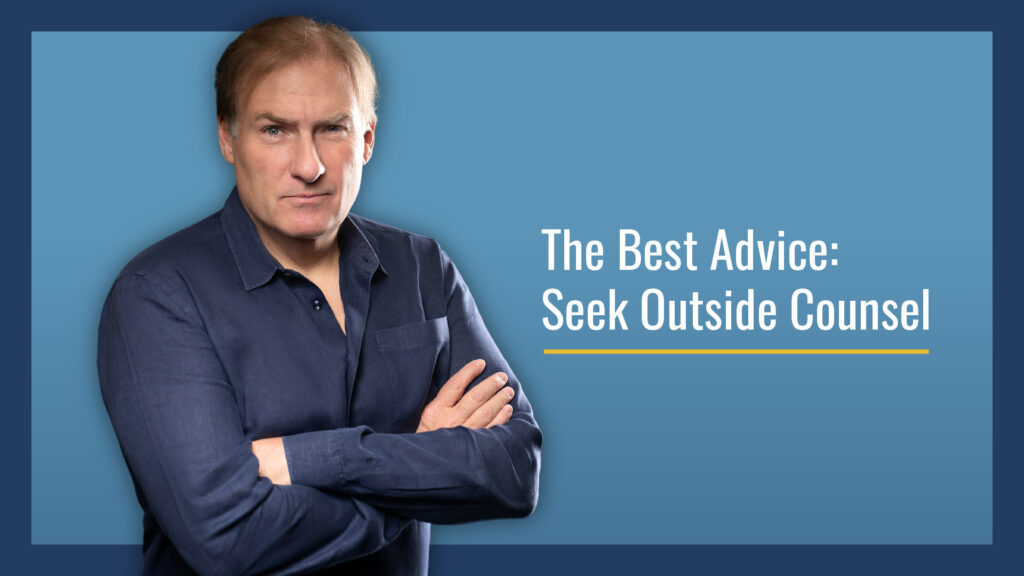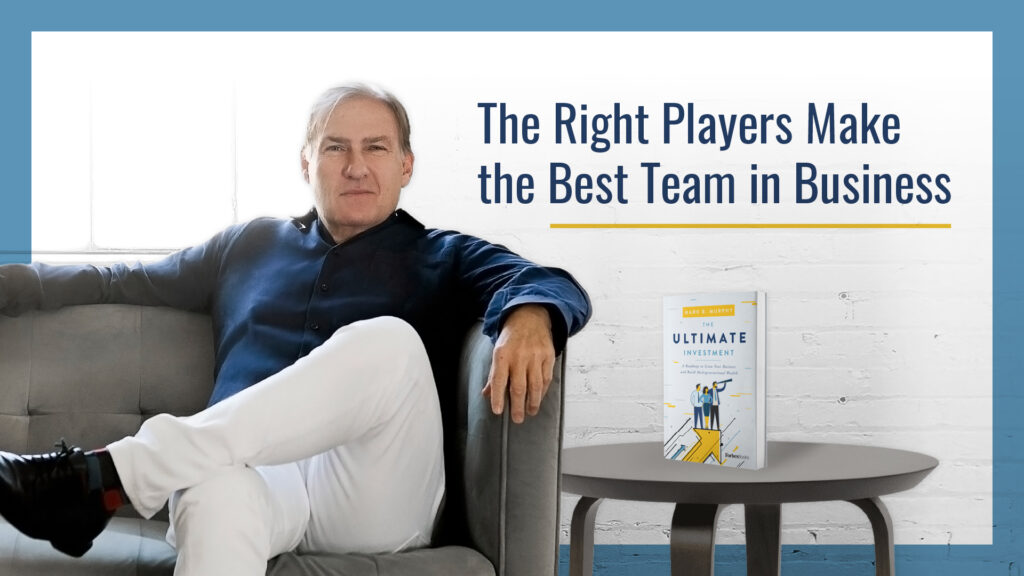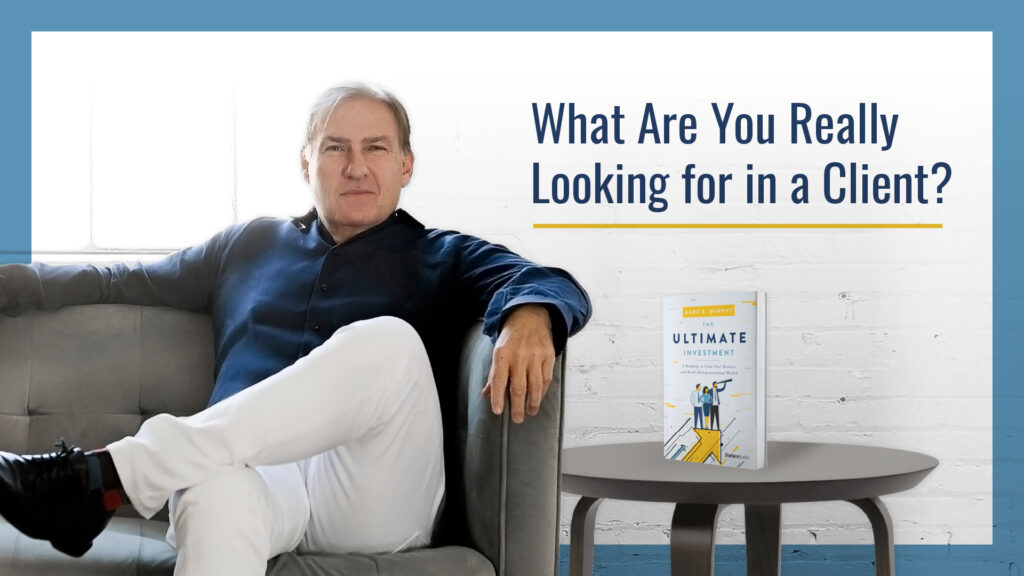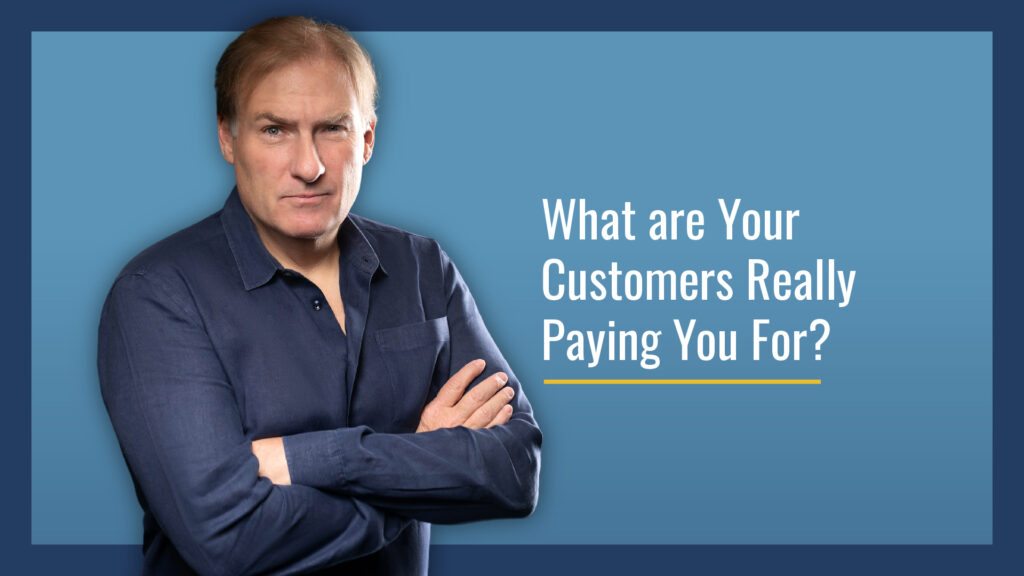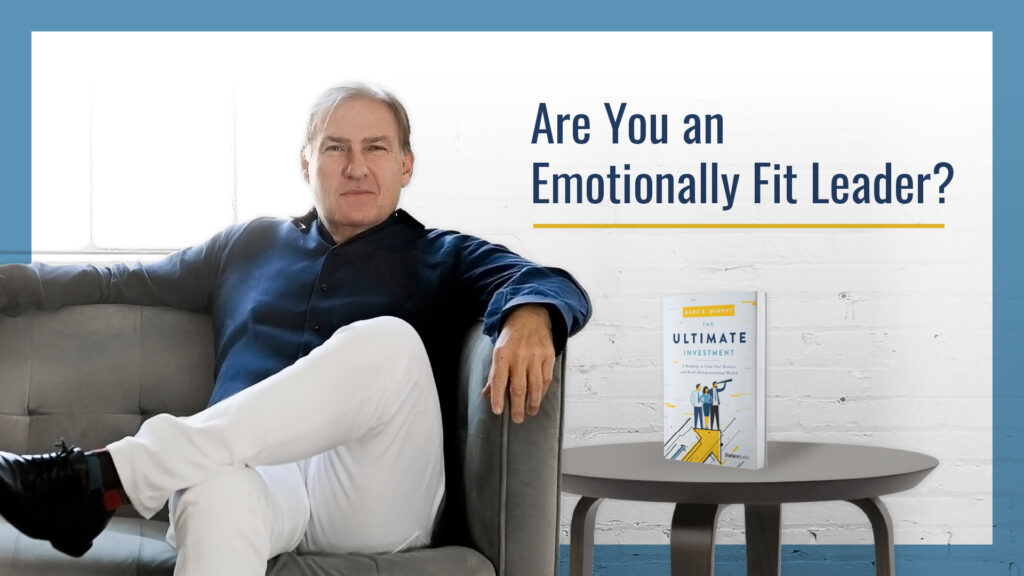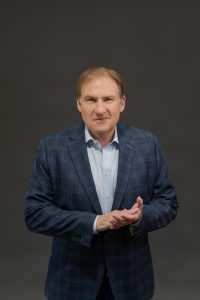Bill Gates has said that, early in his career, he placed a lot of value on intelligence. But over time, he found something else more valuable—self-awareness. In working with entrepreneurs, I’ve found that self-awareness is key to avoiding hubris. Of all the things that can wreck an entrepreneurial venture, one of the most ruinous of all is hubris.
Hubris can lead an entrepreneur to acquire a God complex. It can make the entrepreneur believe that what’s happening now will happen forever, that they can continue their success indefinitely. They’re smart, they’ve found a niche where they’re the expert, and let’s face, they’re probably lucky too. They end up building a company an earning amazing cash flow and wealth. They’re on top of the world, and they think they’ll be able to stay there forever. Since they’ve always bet on themselves and won, why shouldn’t that streak continue? But as we all know, even the best-laid plans can go awry.
Starting out, entrepreneurs have little to lose. They can double or triple down, they can go all in. But as they build their top-of-the-world business, their assets grow. Those assets need protecting, so it’s important to be thoughtful about how capital is employed. Without putting in some serious thought—instead of operating on autopilot—you could experience some grave losses or even wipe out decades of hard work.
When you’re just starting out, you need to let your entrepreneurial spirit loose. But do it in a thoughtful way so you don’t open yourself up to risks and mistakes when you have more to protect. For instance, when my fiancée had a great business idea, I told her that the first thing we needed to do was sit down with her attorney to discuss how to protect ourselves from a lawsuit that could put everything we have at risk. Three decades ago when I was in my twenties, if the threat of a lawsuit had even entered my mind, it would have laughed it off and said, “What are they going to sue me for? My blow-up mattress?”
Hubris can worsen damage when a lot of money has been sunken into a project. When an entrepreneur has sunk $2 million into a company division that’s not working, instead of admitting that it has a bad business model, they’ll often borrow even more money to sink further into it. It’s the same buy-and-hold principal that people often use with investments. Maybe you bought stock at $108 a share, and now it’s worth only $52 per share. Most people would likely hold onto the stock until its value rises back up to $108. But if the word on the street is a continued decline in the stock price, then I’ll intervene—I can’t change the original purchase price of the stock, I can advise to drop that stock and buy something else that’s going up.
Fortunately, there is a way to avoid the foibles of hubris and the God complex.
Navigating the Six-Hundred-Pound Spoon
Even the smartest folks need somebody to help them navigate the big decisions. When you’re emotionally involved in your business, hubris can make it tough to see things clearly. I call this situation the six-hundred-pound spoon.
Imagine this: Two friends are sitting at a table drinking coffee. A saucer and spoon are the table. One friend sees the spoon as a utensil, something to use to stir his coffee or eat a bowl of soup. Because of the other’s baggage, he has a different perspective of the spoon. When he was a kid, he was digging into some hard-frozen ice cream when a piece broke loose and the spoon flipped up and hit him in the eye, injuring him and landing him in the emergency room. Now, he has a phobia of spoons. So that same spoon that, to one person, is simply a lightweight metal tool for eating; for the other, it’s a daunting, ominous piece of weaponry that can inflict pain and cause damage.
Even the smallest, most innocuous things can seem impossibly overwhelming to us when perception or emotions are involved. When you’re the head honcho and view something as six-hundred-pound spoon, few of the “yes” people surrounding you will have the courage to tell you otherwise. When you become too successful, you’re at risk of becoming the “emperor in new clothes” because you’re constantly around people who will only tell you how great you are instead of telling you that you’re exposed to danger. You’ll become so isolated from the trenches that you’ll have a harder time finding out what’s really going on in your organization. But you also don’t want to surround yourself with people who focus only on the negative.
Instead, you need people whom you can trust to tell you the truth every time. As a leader, I appreciate critical feedback from even the most junior person in the organization. I never punish people for weighing in because I appreciate and want to encourage constructive discourse and open dialogue. I’m a better leader and we’re a better organization when I can candidly ask others, “Hey, was I wrong on this? Was I thinking about this correctly?” As an entrepreneur, you need someone to say, “Hey, emperor, you have no clothes!”
While there is a group of people whose opinions I value, whose input I trust, I also keep my own outside counsel, something hubris keeps too many people from seeking. Because of the God complex, many people wind up making an awful lot of mistakes because they have no one to provide checks and balances. But unlike when I was in my twenties, these days, I never make a big decision without checking with my team of outside consultants: lawyers, accountants, regulators, and compliance people.
Often, we assume that people who file for bankruptcy, lose their house, or can’t afford to send their kids to college must have gotten sick or lost a job. But more often than not, hubris is the problem. Maybe they made ungodly amounts of money, but they had the wrong belief systems around finances. In fact, one of my favorite expressions is, “It’s all BS—it’s all belief systems.”
Belief systems are absolutely crucial. When people don’t have the right belief systems around money, they’ll keep relying on the same bad habits. Say, a client is making $300,000 a year but has too much debt and not enough investments. They come to us and we help them double their income. Now they’re making $600,000. Phenomenal! That should fix everything. Right? Wrong. Someone with the wrong belief systems around money will just double their problems with the double the money.
Many of the mistakes that people make in business and in life are based on the arrogance that hubris brings. They get blindsided because they believe that bad things happen only to other people—their spouse will never lose a job, their child will never get sick, the roof will never blow off in a storm, they’ll never have tens of thousands of dollars in unexpected expenses.
Unfortunately, life happens, and it can happen to anyone. That’s where having the right financial belief system can help.

